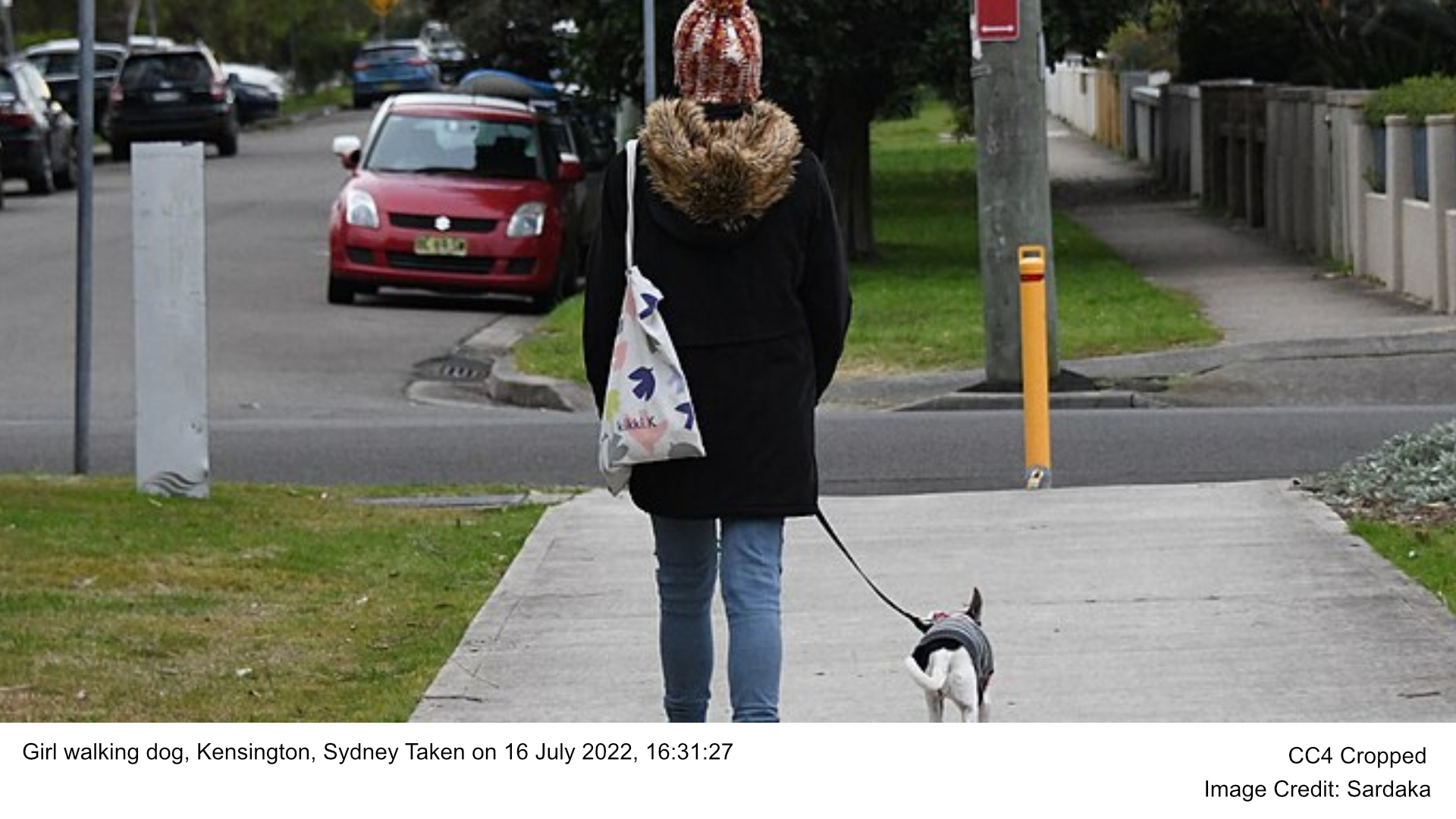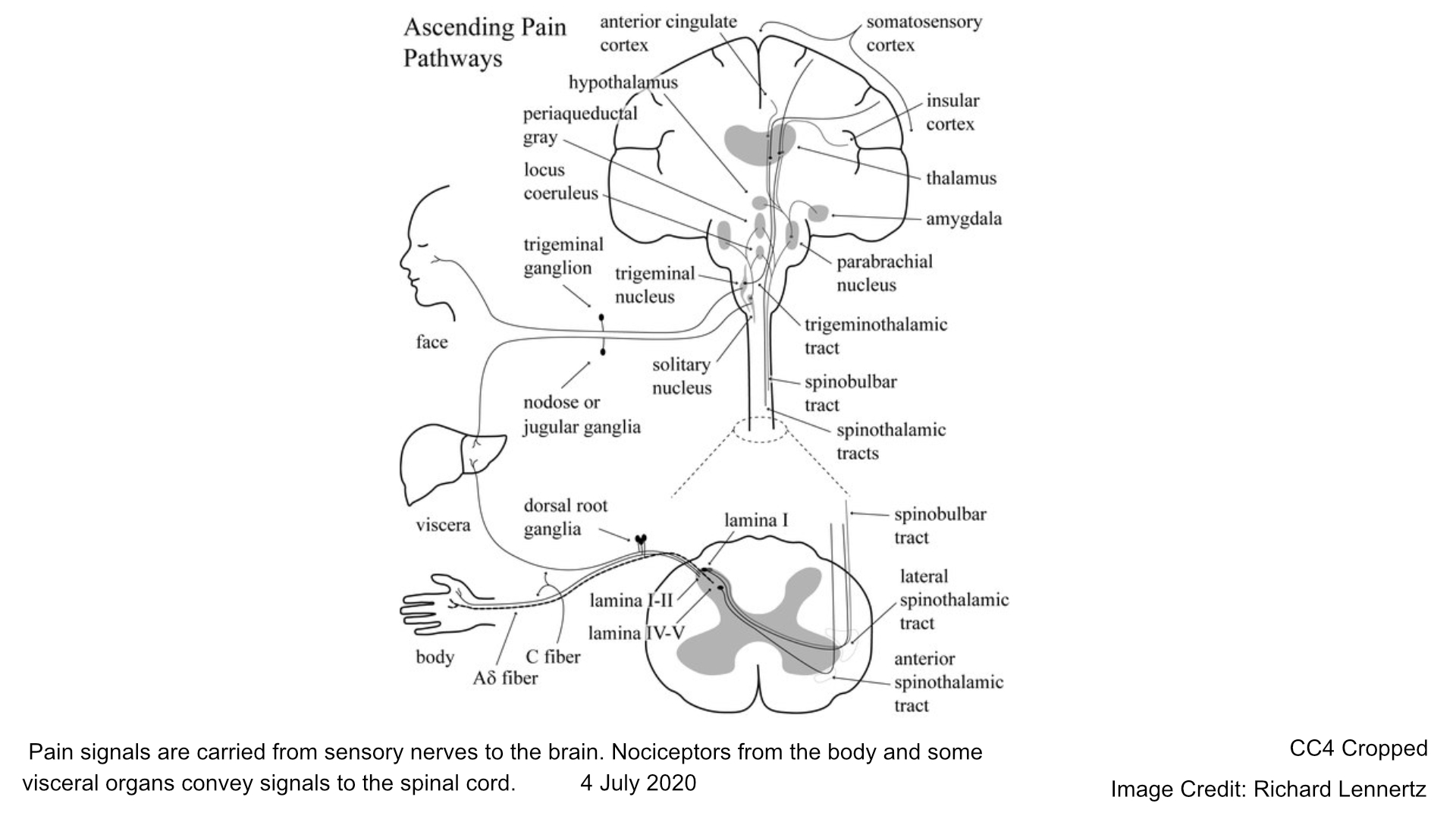A recent study reveals that light evening exercise can significantly improve sleep quality. Dr. Wendy Troxel, a sleep therapist in Utah, discusses these findings, highlighting the benefits of incorporating physical activity into evening routines. This study offers hope for individuals struggling with sleep disorders, as exercise becomes an accessible and effective remedy.
- Light Evening Exercise Benefits: Activities like walking or yoga in the evening improve sleep quality, helping individuals fall asleep faster and enjoy more restful sleep.
- Stress Reduction and Relaxation: Light exercise reduces cortisol levels and promotes relaxation, supporting mental health and sleep hygiene.
- Timing Matters: Avoid high-intensity workouts close to bedtime; instead, exercise 1-2 hours before sleep to prevent overstimulation.
- Personalized Routines: Consistency and enjoyment in exercise routines are essential for reaping sleep-related benefits, with options like stretching, tai chi, or brisk walking recommended.
The study involved participants who engaged in light exercises, such as walking or yoga, in the evening. Researchers found that these activities helped participants fall asleep faster and experience more restful sleep. These findings challenge the common belief that evening exercise hinders sleep quality. Instead, they suggest that light physical activity can promote relaxation and improve sleep patterns.
Dr. Troxel emphasizes the importance of exercise for overall health and well-being. She notes that regular physical activity not only enhances sleep quality but also boosts mood and reduces stress. These benefits make exercise a valuable tool for managing sleep disorders and promoting mental health.
Sleep experts have long recommended exercise as a natural remedy for insomnia and other sleep issues. However, the timing of exercise has been a topic of debate. This study provides evidence that light evening exercise does not disrupt sleep, contrary to previous assumptions. Instead, it offers a practical solution for those unable to exercise during the day.
The study’s findings align with existing research on the benefits of exercise for sleep. Physical activity reduces levels of cortisol, the stress hormone, promoting relaxation. It also increases body temperature, and post-exercise cooling can signal the body to prepare for sleep. These physiological changes contribute to improved sleep quality and duration.
Dr. Troxel advises individuals to engage in activities they enjoy, ensuring consistency in their exercise routines. She suggests activities like stretching, brisk walking, or tai chi as suitable evening exercises. These activities provide physical benefits without causing overstimulation or disrupting sleep.
While exercise can improve sleep, Dr. Troxel warns against intense workouts close to bedtime. High-intensity activities can elevate heart rate and adrenaline levels, making it difficult to wind down. Instead, she recommends exercising at least 1-2 hours before bed to allow the body to transition into a restful state.
This study adds to the growing body of evidence supporting exercise as a key component of healthy sleep hygiene. By incorporating light evening exercise into daily routines, individuals can enhance their sleep quality and overall well-being. Dr. Troxel encourages people to experiment with different activities to find what works best for them, ultimately improving their sleep and quality of life.





